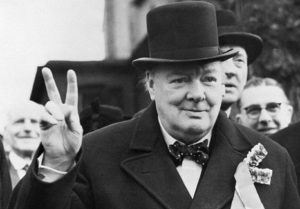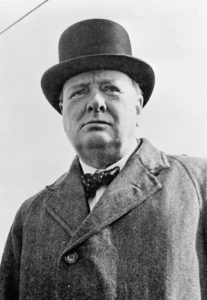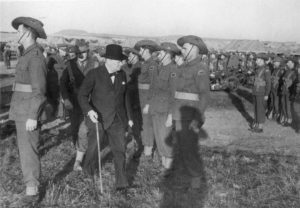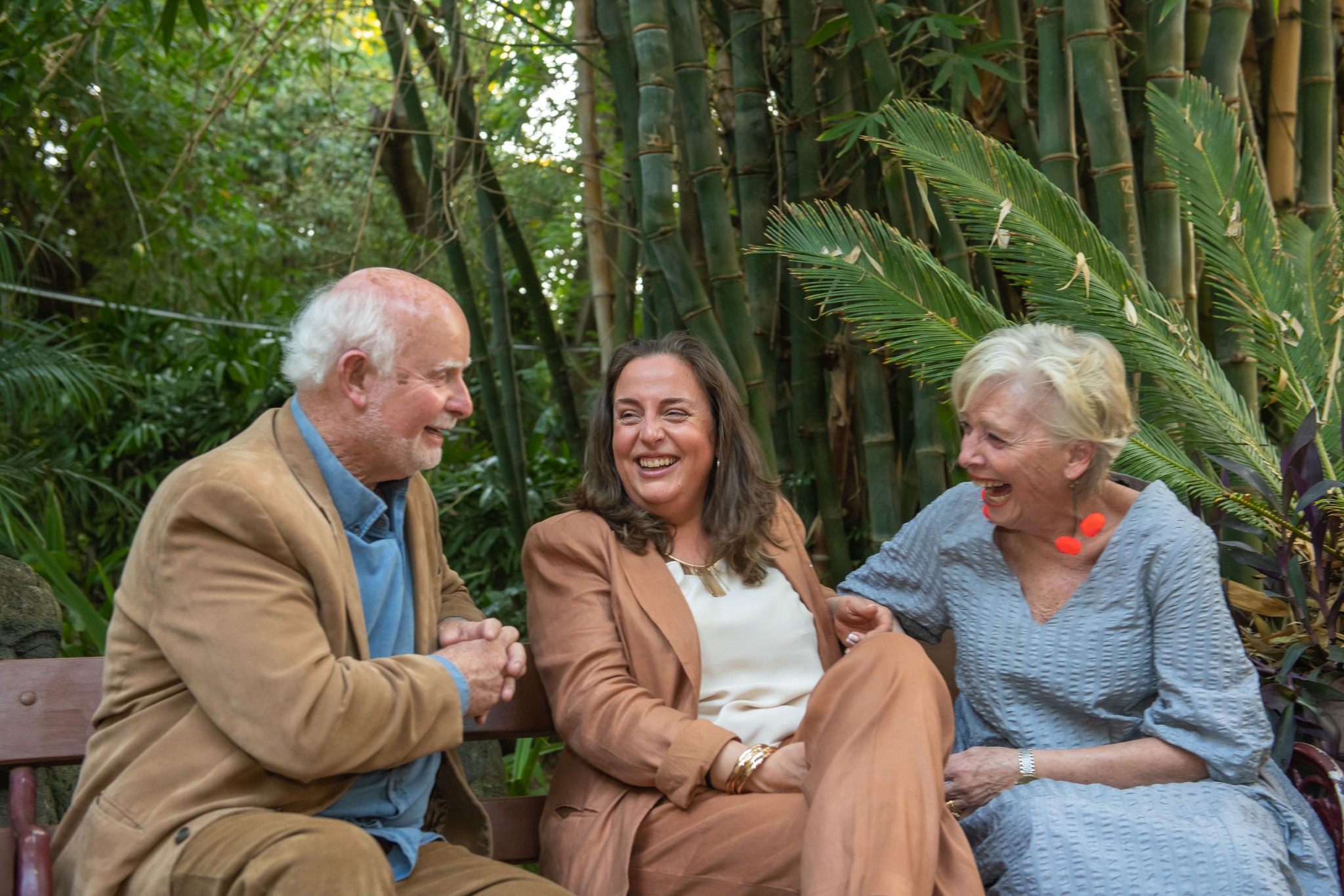Concept, Foundation and Organisation
After World War II many honours were conferred on Sir Winston Churchill from all over the world and many physical memorials were erected in the form of statues and buildings. In 1962 the Duke of Edinburgh asked Sir Winston what type of memorial he would like so that the world could remember him. The concept of an unusual type of memorial, to be set up after his death, pleased him very much and Sir Winston suggested something like the Rhodes Scholarships, but available to all people and on a much wider basis.
This led to the concept of travelling Fellowships, bearing his name, to give opportunity to enable ordinary people from the participating countries to travel overseas to meet people and to learn. The concept was developed jointly by the English-Speaking Unions of the Commonwealth and of the United States. Australia was among the countries that laid plans for a nationwide appeal on the death of Sir Winston Churchill to set up a National Churchill Trust.
Although Churchill had thoroughly approved the project when it was first cleared with him by the English-Speaking Union in the 1950’s, in order not to upset Sir Winston in his declining years about planning for actions after his death, it was kept secret at Lady Churchill’s request, until Churchill died. The planning for the appeal to raise funds for the establishment of a Churchill Trust in Australia nevertheless continued under the code name Operation “G” (for Gratitude) under the leadership of the then Counsellor (later Sir) William Kilpatrick. It was so thorough that immediately on Churchill’s death on the 24th of January 1965, a nationwide appeal for funds was launched by Sir Robert Menzies with Counsellor Kilpatrick as the Chairman of the Appeal Committee. There was a generous response by the Commonwealth and State Governments and by Australian companies and individuals. The Returned Services League brilliantly planned and executed a nationwide doorknock on ‘Churchill Memorial Sunday’ Sunday the 28th of February, 1965 – only four weeks after Churchill’s funeral.
The very willing national response of Australia’s Returned Servicemen in conducting what was the greatest one-day doorknock in Australian history showed the admiration and respect that Australian fighting men and women of World War II held for Churchill.



The very generous response of the Australian people to this appeal was undoubtedly due to their admiration for and gratitude to the great world figure in whose memory the Trust was being established. The one-day doorknock raised 911,000 Pounds ($1,822,000). By the time the contributions and pledges from the Commonwealth and State Governments, Australian companies, institutions and individuals had been collected, the Appeal target had more than doubled. 2,206,000 Pounds ($4,412,000) was raised.
The Winston Churchill Memorial Trust was established to administer not only the total funds raised by the 1965 Appeal, but also the Churchill Fellowship award scheme. The Trust has its National Office at Churchill House, Canberra. The Board of Directors is responsible for the management of the funds invested and the conferring of Churchill Fellowships. All Directors serve in an honorary capacity.
The Trust is assisted in the initial selection of applicants for Fellowships by Regional Committees in all States and Territories. All Committee Members also serve in an honorary capacity.
Supporting and enhancing impact of Churchill Fellows
Churchill Fellowships have a remarkable record of success, with 83 per cent of Fellows achieving their program goals within five years of returning from their travels. Approximately half of all Churchill Fellows believe they can effect change. At the Churchill Trust, we are introducing even more initiatives to support and enhance Churchill Fellow impact.
Our mission is to empower people to bring new ideas and approaches to their communities, and we support people from all walks of life and a wide range of projects. We are particularly interested in applicants whose projects align with emerging changes in society’s values and can create a positive impact.
To better support new Churchill Fellowship recipients, we are working on a range of initiatives and projects.
We are working to provide better pre-travel preparation and support, particularly in networking and stakeholder mapping. We recognise the benefits of in-person sessions and are introducing a national onboarding session to help Fellows establish a strong network from the outset. This session will provide practical training on stakeholder mapping, audience identification, social media utilisation, and report writing. In addition, a self-service online induction and training program will be complemented by a formal peer-to-peer mentoring program, matching Fellows with mentors from the same field or industry. These initiatives aim to better equip and support Churchill Fellowship recipients before and during their international travels.
We’ve been working to increase engagement with Fellows and stakeholders using social media and media outreach, resulting in more news stories and information sharing. And from 2023, new Churchill Fellowship recipients can travel much sooner, to maximise the window of opportunity.
Post-travel engagement has been a significant growth area for us over the past five years. We’ve introduced financial and advisory support for disseminating Fellowship reports and implemented programs and courses designed to increase leadership transformation (such as the Global Leadership Practices Programme, delivered by Yellow Edge), media skills, and the implementation of report recommendations.
We’re also further dialled up support for Fellows in the preparation of their Fellowship reports and will offer more media and communication skills training.
The Policy Impact Program will continue to be delivered in partnership with The University of Queensland.
Our success is being measured through milestone surveys, and we will refine our programs and initiatives to further support and promote impact. We’ll also continue to identify ‘success stories’ to increase awareness of the benefits of Churchill Fellowships, build networks, and recruit new applicants.
We are excited to continue our mission of supporting positive change in our communities, and we look forward to seeing the impact of these new initiatives on the remarkable work of Churchill Fellows.



